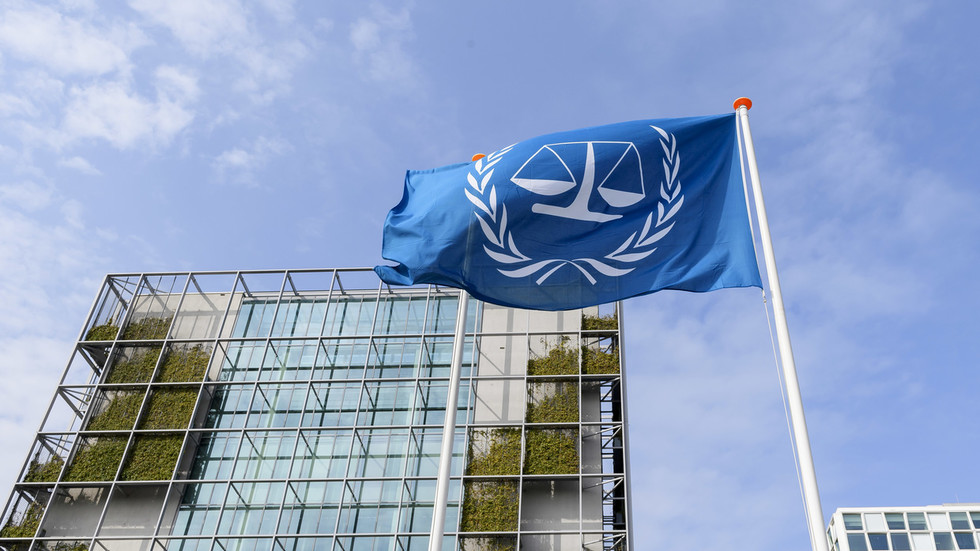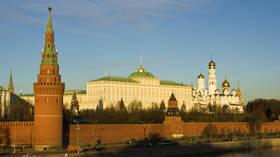
Moscow considers Yerevan’s decision to ratify the Rome Statute “extremely hostile”

FILE PHOTO. © Getty Images / DeFodi Images / Alex Gottschalk
Armenian President Vahagn Khachaturyan has signed into law the ratification of the Rome Statute, empowering the International Criminal Court (ICC) in the country. The decision was announced on the presidency’s website on Friday.
The Armenian parliament ratified the Rome Statute earlier this month by a vote of 60 to 22. Two opposition factions walked out on deliberations of the move, but showed up to cast their votes against ratification.
The country originally signed the document in 1999, but suspended its ratification in 2004, as it was deemed to be incompatible with the nation’s constitution. The ICC accession process was reinvigorated in late 2022 amid deadly border clashes with neighboring Azerbaijan, and accelerated during the recent flare-up in the region which resulted in a major victory for Baku and the dissolution of the unrecognized Nagorno-Karabakh republic, a breakaway region of Azerbaijan that had been backed by Armenia.

Armenian Prime Minister Nikol Pashinyan has argued that the ICC would help prosecute alleged Azerbaijani “war crimes” on Armenian soil. Pashinyan has also repeatedly criticized the Russian-led Collective Security Treaty Organization (CSTO) regional defense bloc, claiming it had failed to protect Armenia.
The ratification of the Rome Statue by Armenia has been criticized by the country’s closest ally, Russia, which described it as an “extremely hostile move.”
“We communicated our concerns to the Armenian side beforehand. We have been skeptical from the very start that this is the correct decision in terms of bilateral relations,” Kremlin spokesman Dmitry Peskov said after the parliamentary vote, adding that the move raises “additional questions for the incumbent Armenian leadership.”
Moscow has been at odds with the ICC, and considers it a politically-biased body which abuses its mandate on behalf of the Collective West. Russia’s relations with the ICC deteriorated further this March when the court issued warrants for two top Russian officials, including President Vladimir Putin, for the alleged ‘kidnapping’ of Ukrainian children over the course of Moscow’s conflict with Kiev. Russia has rejected the allegations, saying it has simply evacuated children from the war zone and has been returning them to their legal guardians when requested.




